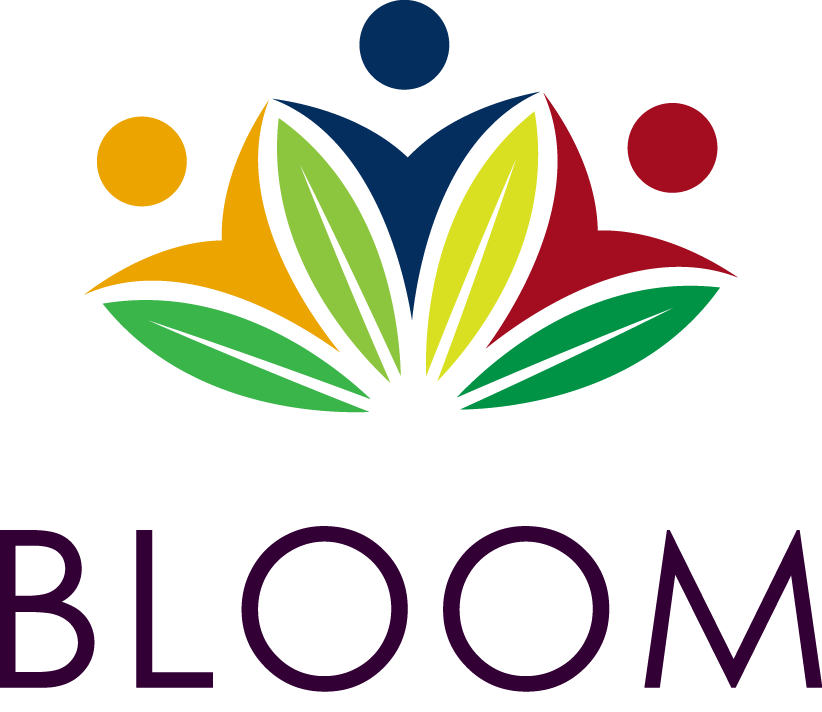Do Ask, Do Tell
Building a Strong Foundation for your Strategic Plan
Many clients approach us when they think their organization is ready to grow. They want a strategic plan to map out all the wonderful new things they intend to do and can’t wait to get going. At Bloom this is when we hit “pause” – because before we barrel into the future, there’s something we should do first.
That “something” is Stage One of our strategic planning process: research. In this research phase, we gather input from key stakeholders through focus groups, interviews, and surveys, to generate a “state of the organization” study that highlights current organizational strengths and weaknesses, and collects different perspectives on growth. It’s the kind of activity that can seem like a detour or delay when an organization is eager to get to the Next Big Thing, but for several reasons, it’s essential to the success of the rest of the planning process.
Consider a client we worked with a few years ago. A charter school organization. The board chair came to us saying they were ready to increase by a factor of 10 the number of schools they operated and they wanted a roadmap to get there. Yet once we started the research phase and asked other stakeholders what organizational success looked like, we got very different answers. One board member wanted 20 schools across the state while another said forget 20 schools, she’d be happy if in five years their current school had improved student outcomes and didn’t smell like sour milk.
"At its heart, the research phase is all about developing a shared language and a common understanding about the current, true state of your organization."
So, stakeholders can have significantly different visions for growth that may not emerge until you actually sit down and ask them. For that reason, I think it takes brave leadership to be willing to survey key constituents and stakeholders — to ask them how truly satisfied they are with the organization, to get an honest take on what they think their organization needs to do to grow and improve. Let’s take that board member I mentioned earlier. Even if the majority of the other constituents interviewed disagreed with her, now the school has valuable information about how much investment they’ll need to build in any expansion effort. Additionally, diverse opinions from community members inform the vigilant leader about the coalition-building and messaging needed to smoothly guide stakeholders through the changes ahead.
Overconfident or insecure leaders may want to abbreviate the research phase, to “cut to the chase,” and avoid revealing perspectives they – or their boards – perhaps don’t want to hear. A skyscraper can’t be built on a poor foundation, so better to know upfront; it’s hard to accomplish something big when the team can’t agree on what you should be doing. For that reason, and based on years of experience with clients in all sorts of situations, we’ve become convinced that successful implementation starts with a shared understanding of data and perspectives.
"Successful implementation starts with a shared understanding of data and perspectives."
Bloom’s experience shows that information generated during the research phase is powerful, and can catalyze exploration of additional opportunities, which is why we treat it with the utmost care and respect.
When assessing survey data or completing an interview analysis, we are always cognizant that the plural of opinion is not fact. We keep in mind — and remind clients – that what we’re considering is less about objective facts than perspectives and opinions that must be accounted for, if not completely accommodated. For example, when 65 percent of your staff report they’re concerned about compensation, that doesn’t necessarily mean you need to raise salaries. Perhaps a dive into the stakeholder data will show that staff mostly desire pay scale transparency. A smart leader can use that information to meet people halfway without busting the budget.
"The research phase isn't just about looking to a new horizon; it's about identifying and resolving pain points en route to that future ideal."
At its best, the research phase produces organizational culture insights that provide “a-ha!” moments that empower an organization to recognize shortcomings and address them as part of the pathway to growth. At its heart, the research phase is all about developing a shared language and a common understanding about the current, true state of your organization. The research process isn’t just about looking to a new horizon; it’s about identifying and resolving pain points en route to that future ideal. There’s the saying, “don’t ask if you don’t want to know.” But if you’re serious about major growth, and about taking your organization in a new direction, you must ask — precisely because you must know.


